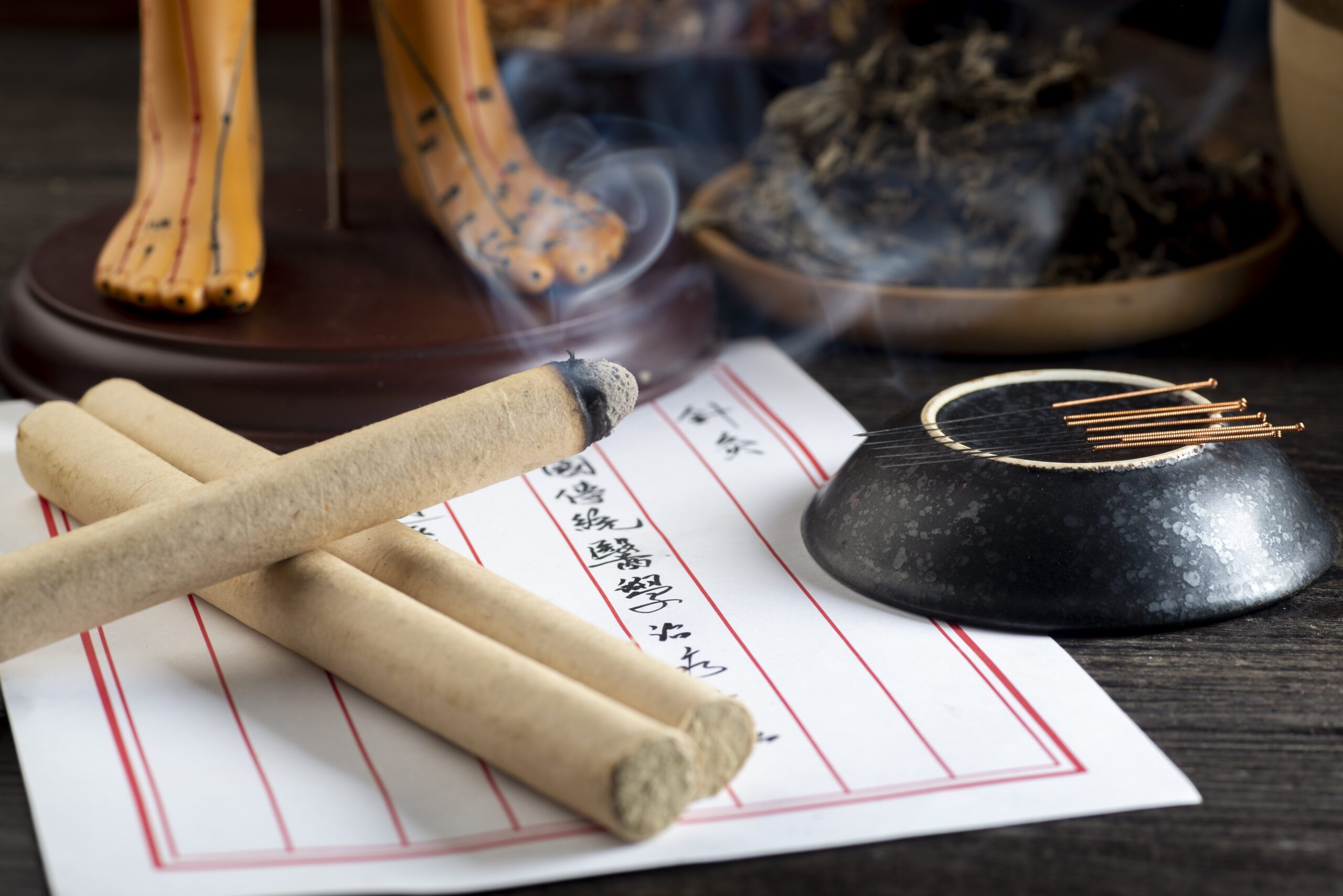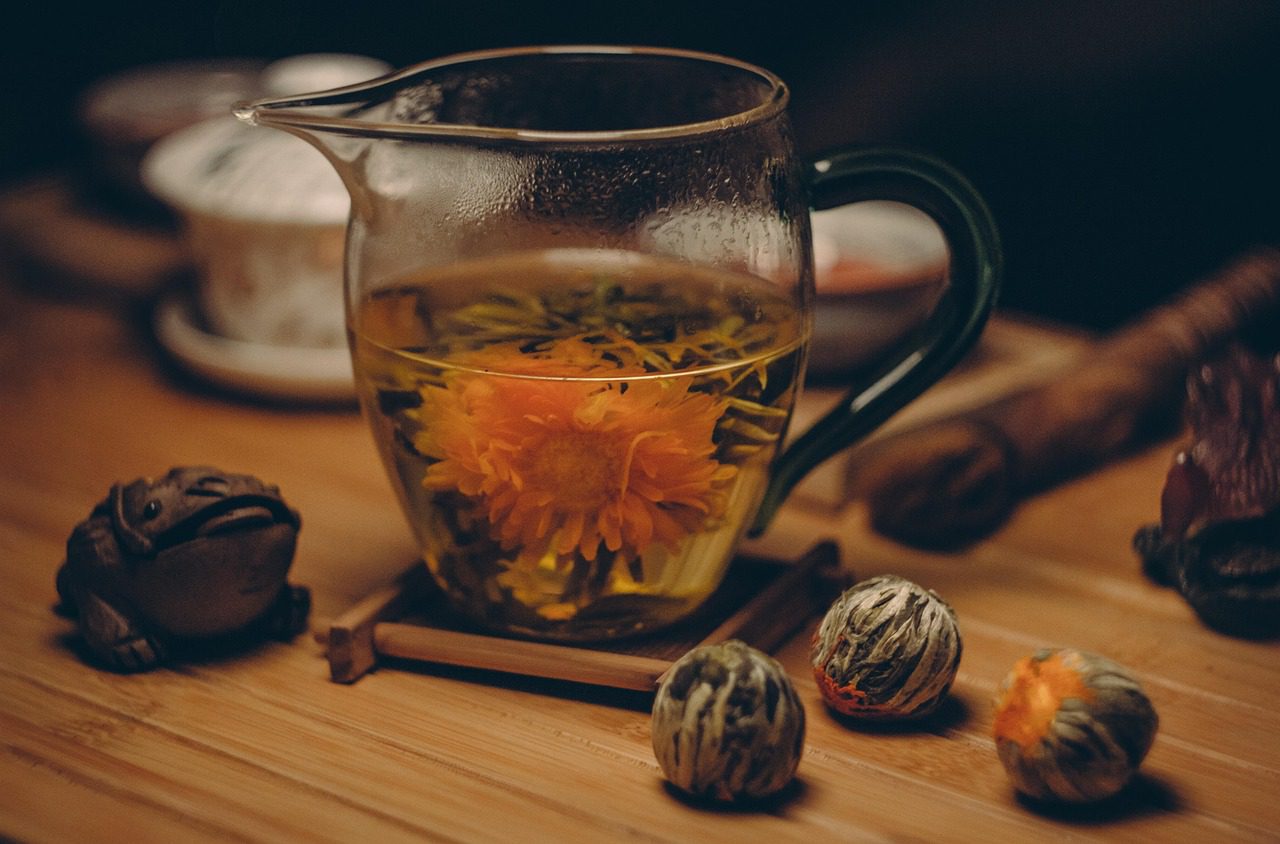Acupuncture is but one aspect of a multitude of techniques that have been collected (from all corners of the world), systematized, optimized, erased, rearranged, regrouped, refined, … since millennia and up to this day. These medical techniques were developed alongside other knowledge, like mantic arts (I Ching and astrology), the art of harmonizing your habitat (Feng Shui), martial arts (WuShu), etc. All this knowledge and their application had only one purpose: longevity, or an excellent quality of life, ensuring joy here and now, and for the longest time possible, till the last breath.
Acupuncture is indicated as a complementary therapy if you are dealing with persistent health issues that have not been (fully) resolved by conventional medicine, pharmaceuticals, or psychotherapy alone. It will take you on a transformative journey, where you are your first partner. If you feel like you are left on the side of the road, it will invite you back to your path.
What it isn’t, is a magic solution that will solve your problems for you. A certain level of readiness for change is necessary, and you’ll need to tend to the new needs that arise for you during the course of treatment. Similarly, it won’t transform you to something you were never meant to be.
However, everyone is different, and although most people need to balance the 5 elements, some people are to be pushed to their dominant element alone and push their extraordinary talents (like the α on a Gauss/ bell curve, they are outside of the average). I believe that spotting that major difference is key for any practitioner, and I’ve had to learn this outside my baseline TCM curriculum.
I consider that acupuncture, as well as the other ancient Chinese arts, which may seem antiquated, are actually “avant-garde” and universal, and continue to fascinate people around the world, as they are decrypted.
Often we focus on fitness (weight, muscle tone), parameters (heart rate, blood pressure) and biochemical values (cholesterol,…). Acupuncture focusses on the synchronized functioning and the motility of your internal organs and fluids. A stiff, or inflamed, … diaphragm, gallbladder, uterus, blood vessels, muscle… will lead to health issues which will impact your quality of life negatively.
For example, the acupuncture point GB-34 is known to make the gallbladder contract immediately (as seen through ultrasound). LI-4 lights up the pain zones of the brain (as seen on MRI) and therewith reduces the perception of pain.
In our daily lives, we make the same motions repetitively (and have the same repeating emotions or fears), and therewith have organs or muscles that overwork, and others who underperform. Through the insertion of needles* (a perceived micro-attack on your body), the body has a rescue chain reaction. Locally, the tissues grip onto the needle to reject it, and distally, fluids come to the rescue (blood, lymph, …). This cascade of events « cleans up » the areas that are underperforming or calm the overperforming ones. Your body then remembers, or is shown, what balance feels like, and over time, will nudge you in the right direction, which will improve your condition durably.
Therefore, expect to have new emotions or new needs (food, sleep, …) when you do acupuncture and make time to tend to it.




* There are many other « attack » techniques besides needles, like gua sha (skin scraping), cupping (creating bruising), heating (moxibustion), ear acupuncture (seeds pressed against ear), etc. None of these are actually painful, only creating a short pinching sensation followed by profound relaxation.